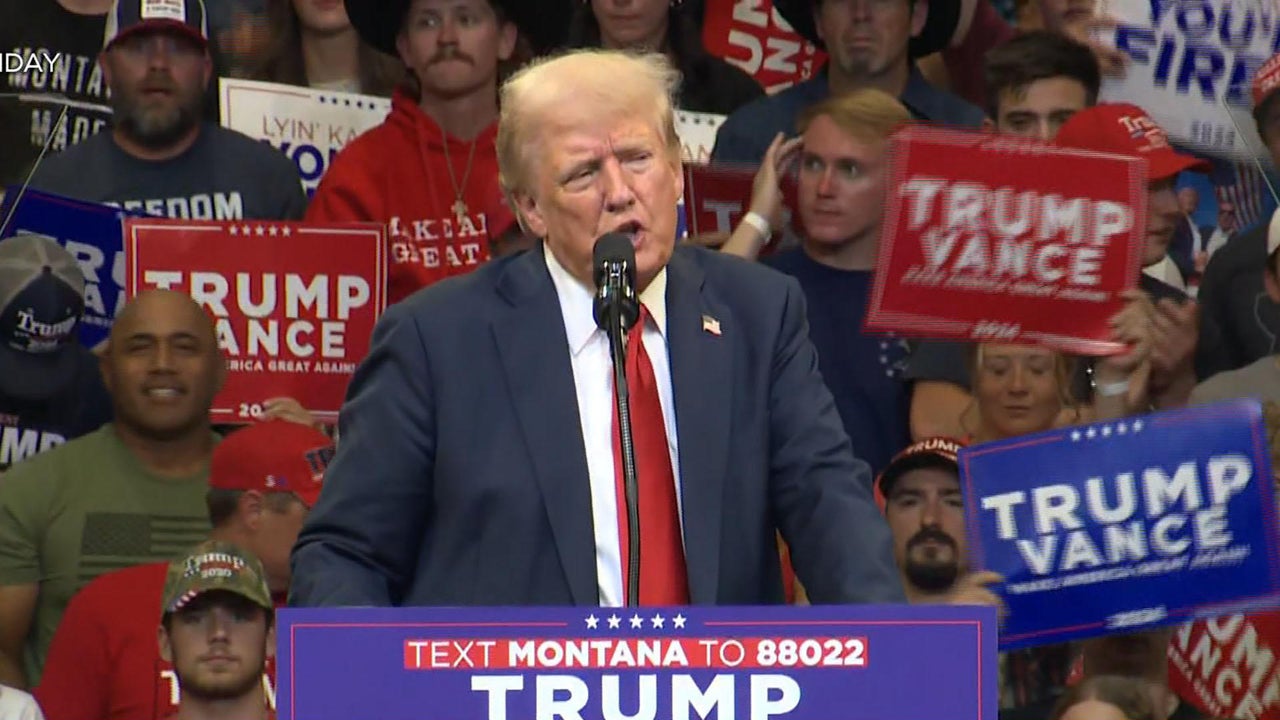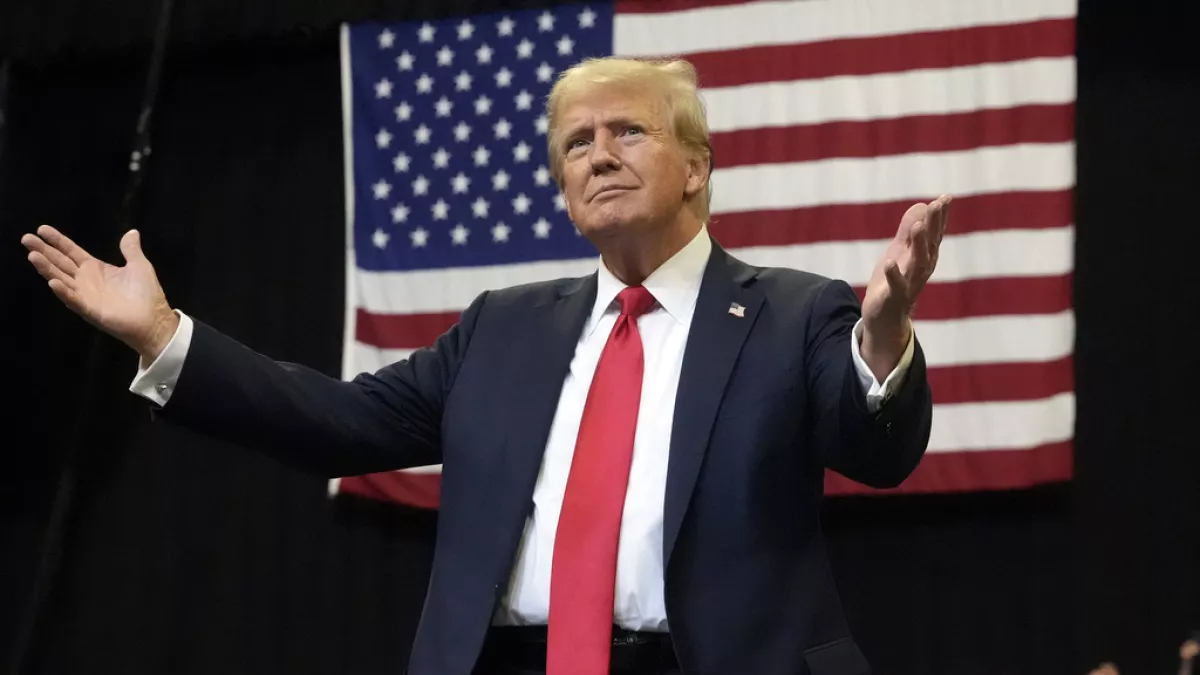Former President Donald Trump’s presidential campaign announced on Saturday that it has been the target of a significant cyberattack. The campaign alleges that sensitive internal documents were stolen and distributed, attributing the breach to Iranian actors. This assertion came shortly after Microsoft released a report detailing attempts by foreign agents to interfere in the upcoming 2024 U.S. election. While the Trump campaign has not provided specific evidence linking Iran to the hack, the timing coincides with Microsoft’s findings of increased Iranian cyber activity.

Details of the Alleged Hack and Microsoft’s Report
According to the Trump campaign, the hack involved the illegal acquisition and distribution of internal documents, including a dossier on Republican vice presidential nominee Sen. JD Vance. The dossier, dated February 23, was reportedly shared with Politico from an anonymous AOL email account identified only as “Robert.” The campaign claims these documents were intended to disrupt the 2024 election and undermine the democratic process. Trump campaign spokesperson Steven Cheung has attributed the breach to “foreign sources hostile to the United States,” specifically mentioning the potential involvement of Iranian actors.
Microsoft’s report, released on Friday, highlights an incident in June where an Iranian military intelligence unit sent a spear-phishing email to a high-ranking official of a U.S. presidential campaign. The email was dispatched from a compromised account of a former senior advisor, suggesting a possible link to the recent breach. Microsoft’s report also notes a rise in foreign malign influence, with Iranian and Russian operations intensifying over the past six months. Despite the claims, Microsoft and the National Security Council (NSC) have not provided additional comments on the matter.
Responses from U.S. Officials and Iranian Denials
The National Security Council deferred to the Justice Department regarding the investigation into the hacking claims. An NSC spokesperson reiterated the Biden-Harris Administration’s condemnation of foreign interference in U.S. elections. Meanwhile, Iran’s United Nations mission has denied any involvement in election interference or cyberattacks. In July, U.S. officials from the Office of the Director of National Intelligence, FBI, and Department of Homeland Security had indicated that Iran was engaged in an influence campaign aimed at undermining Trump’s candidacy.
The report also revealed that Iranian cyber-enabled influence operations have been a consistent feature in recent U.S. election cycles. These operations are typically characterized by a later appearance in the election season compared to Russian activities and focus more on election conduct rather than directly swaying voter opinions.
Looking Ahead: Security Concerns and Election Integrity
As the 2024 election approaches, the reported hacking incident underscores ongoing concerns about cybersecurity and foreign interference. While the Trump campaign has pointed fingers at Iranian actors, concrete evidence linking the breach to Iran remains elusive.

The incident highlights the need for heightened vigilance and robust cybersecurity measures to protect the integrity of the electoral process. Vice President Kamala Harris’ campaign has yet to comment on the hacking allegations or discuss its cybersecurity protocols. The unfolding situation emphasizes the importance of safeguarding electoral systems against external threats and ensuring transparency in addressing potential breaches.
